
According to Wikipedia.com, self-care is defined as “any necessary regulatory function which is under individual control, deliberate and self-initiated”. Pyshcentral.com has a slightly simpler definition: the site defines self-care as “any activity that we do deliberately in order to take care of our mental, emotional and physical health.”
Typically speaking, when we think of self-care activities we think of long bubble baths, face masks and other methods of pampering. While these are great ways of practising self-care, your self-care strategy should incorporate any activity that makes you feel restored, refreshed or grounded.
And if you don’t have a self-care strategy, it may be time to incorporate one into your lifestyle. Self-care activities shouldn’t be reserved only for the times when we feel sad, lonely, anxious or depressed. Self-care is something that should ideally be a part of your daily routine in order to nurture your mental health on an ongoing basis. Think about it: you don’t take your car into the shop just when there’s a problem- you take it for maintenance on a regular basis in order to prevent problems down the road. (Pardon the car pun.) Your self-care strategy should act in a similar way- it should be designed to help maintain your equilibrium in order to prevent stress overload or burnout.
Not everyone’s self-care strategy will look the same and will differ with background, experience and lifestyle. It may incorporate several different activities depending on what feels most relaxing and enjoyable to you and may change depending on the moment and your mood. Besides pampering oneself (a part of my own particular self-care strategy) here are some other ways to practice self-care:
- Take a short break when you feel tired, frustrated or overwhelmed
- Plan something fun to look forward to, like a dream vacation or even a weekend away
- Sneak in a short nap (we often lose our ability to focus or make rational decisions when overtired)
- Eat a healthy snack (because sometimes you could just be hangry)
- Call a friend and vent your frustration, or even better- share happy or funny memories with each other in order to boost your mood
- Look through some of your favourite old photos or scrapbooks
- Choose a goal to focus on when you feel overwhelmed and write down three steps to make that dream become a reality
- Listen to music (and really listen to it, don’t just have it on in the background)
- Take a moment to stretch, do jumping jacks or take a walk to reinvigorate yourself
- Meditate or practice breathing when you need to relax
- Work on a creative hobby, or start up an old one you used to enjoy when you were younger
- Plan some time off to do absolutely nothing
By incorporating several different types of activities into your self-care strategy, you give yourself a variety of ways to relax and rejuvenate depending on the situation and your emotional state of mind. Practising this on a regular basis allows us to maintain not only your mental health, but your physical health as well. If you haven’t formed a self-care strategy yet, it’s never too late- pick one of the activities above and start today!

In this day and age we place so many demands on ourselves that sometimes even going about our day-to-day lives is exhausting. As a person who likes to keep busy, I find myself struggling to stay balanced. You can follow my journey here, or click here or here to find more ways to streamline your life to keep it simple.
What are some of the ways that you stay balanced? Give us your advice below, or email your strategies to keepingbusyb@gmail.com


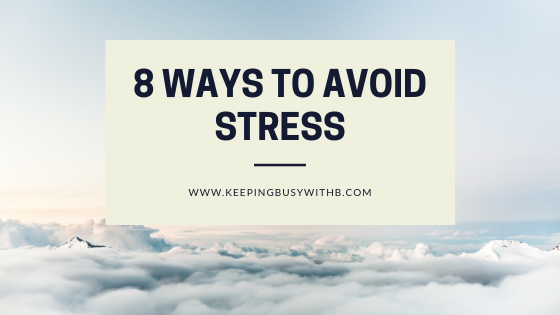 It may seem like a pipe dream, but I truly believe there are measures we can take to reduce the amount of stress in our lives. While we can’t always control what stresses us out, I’ve come to learn that exercising measures in what I like to call “stress prevention” can help me control my reaction to stressful events and stop fretting about the things that I cannot control. While I haven’t totally perfected my technique, here are some of the strategies I put into place to help me avoid stress:
It may seem like a pipe dream, but I truly believe there are measures we can take to reduce the amount of stress in our lives. While we can’t always control what stresses us out, I’ve come to learn that exercising measures in what I like to call “stress prevention” can help me control my reaction to stressful events and stop fretting about the things that I cannot control. While I haven’t totally perfected my technique, here are some of the strategies I put into place to help me avoid stress: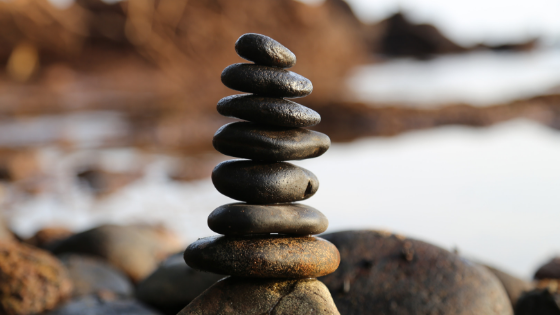
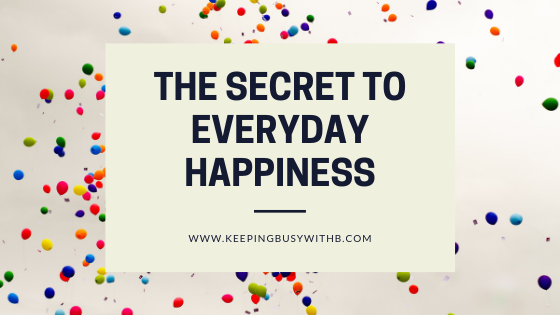 I recently celebrated a birthday and I’m not lying when I said I had a great day. I gave myself a day off of work and spent time with family and friends just relaxing and enjoying myself. It felt great.
I recently celebrated a birthday and I’m not lying when I said I had a great day. I gave myself a day off of work and spent time with family and friends just relaxing and enjoying myself. It felt great.
 Have you incorporated any of these practices in your life? How has making these changes made a difference? Share your tips with us by commenting below or emailing me at keepingbusyb@gmail.com and I’ll try to include them in an upcoming post.
Have you incorporated any of these practices in your life? How has making these changes made a difference? Share your tips with us by commenting below or emailing me at keepingbusyb@gmail.com and I’ll try to include them in an upcoming post.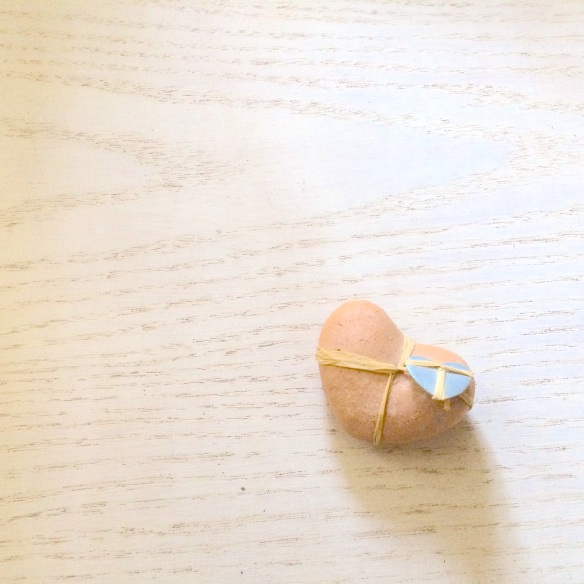

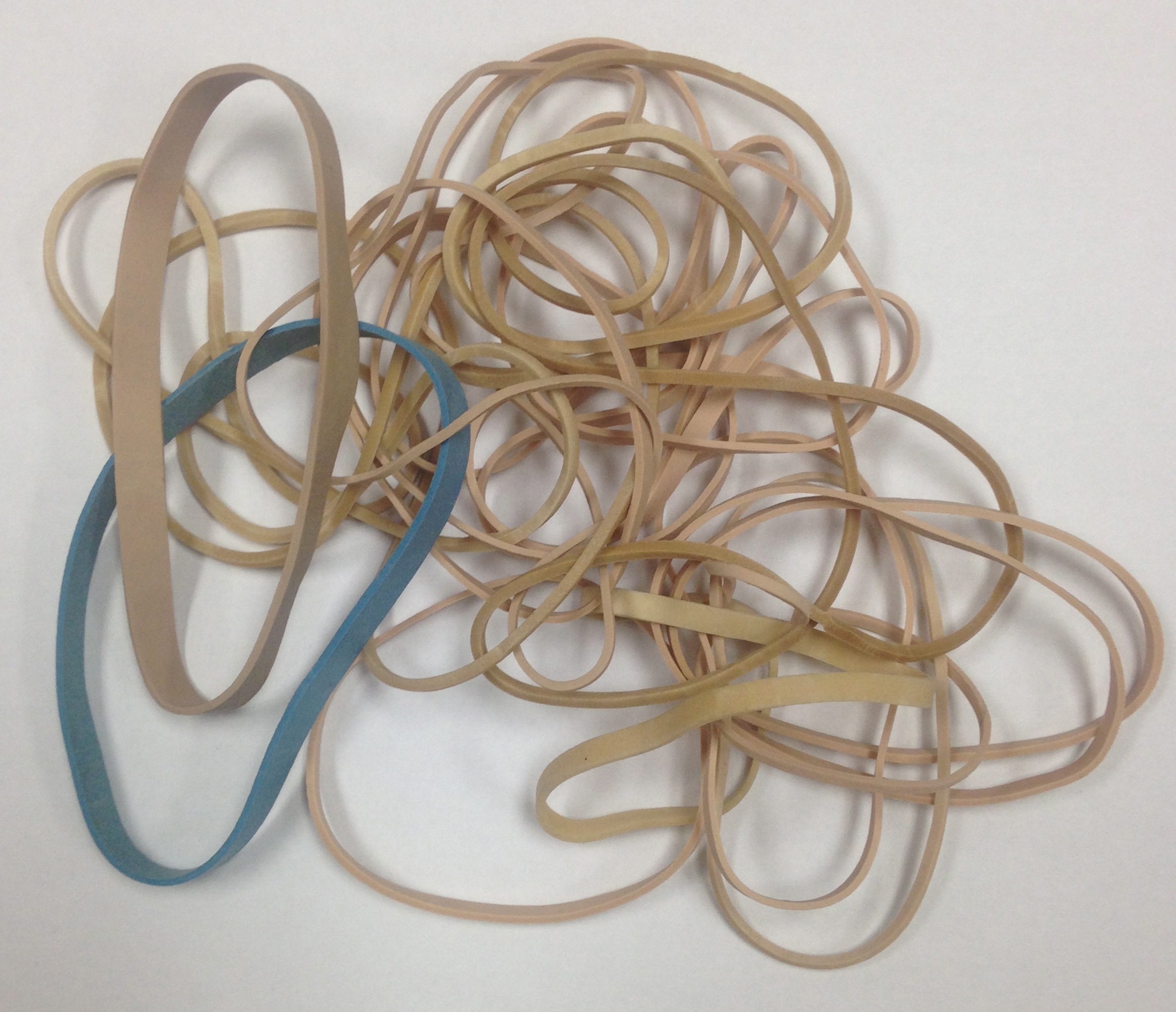 Once in awhile, you will find yourself in a tangle.
Once in awhile, you will find yourself in a tangle. Some recent medical issues of mine caused me to rethink a lot of the way I work and how I handle stress. In other words, I needed to recharge my batteries.
Some recent medical issues of mine caused me to rethink a lot of the way I work and how I handle stress. In other words, I needed to recharge my batteries.